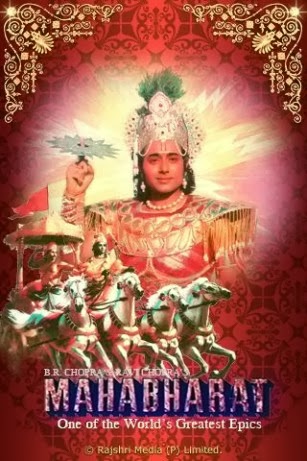 |
| Image courtesy: Goodreads |
Piper Truitt is the Queen Bee of the neighborhood. Always impeccably turned out, with perfect nails and hair, with an opinion on everything under the sun and a set of rules that circumscribe her life completely - Piper would be completely at home in an episode of Desperate Housewives. Judgmental and with impossibly high standards, it is no surprise that Piper and Cornelia dislike each other on sight. But Piper's frostiness hides a turbulent heart, and her fierce love for her dying friend trumps all her other faults.
Cornelia has just about resigned herself to being the neighborhood pariah - when a saving grace appears in the form of Lake Tremain. The two bond over a shared love for pasta, literature and old movies. Like Cornelia, Lake has recently arrived in the town, so that her near-genius son, Dev, could attend a school for the gifted. A single mother, she has worked very hard to provide her son with all the right opportunities. But like Piper, there is more to Lake than meets the eye - and the secret she is harboring will eventually almost destroy the life she has painstakingly built up.
Three women, three lives, three stories - through their individual stories and mutual interactions, Marisa de los Santos spins an extraordinary tale of love, trust, betrayal and loss. On one end, Cornelia and Piper, whose mutual dislike evolves into first a grudging understanding and then a tentative friendship. The other end is Lake, whose instant rapport with Cornelia ends with disgrace and shame. Along with them, the other people in their life - especially, Cornelia's husband, Teo, and Lake's son, Dev - are drawn into a vortex of emotion, which will shake all relations to the core, ultimately teaching them all about belonging and acceptance.
This is a gorgeously written book, the lyrical descriptions of people, places, situations are absolutely mouth-watering - that alone would make the book a wonderful read!! And there's so much more - the characters are a delight, sharply drawn and vividly, lovingly brought to life. The situations these characters find themselves in, the mistakes they make are all too real - both their happiness and sorrow drawing the reader in - I was completely hooked! It has been a while since I've read such a 'real' book - a book that I could lose myself in, a book to savor, a book to stay up late for!
Piper's story - her defiance of death, her struggling to come to terms with her best friend's illness - had me in tears more than once. But in retrospect, it didn't really add anything to the main story - you could lift out that whole track and not miss a beat. And Piper does kind of disappear towards the end of the book - almost like she had played her part, and then made an exit! The climax didn't thrill me either - the raw emotion, the visceral grab-you-by-your-throat feelings all get packaged away neatly with a tidy red ribbon on top as well. Everyone gets a happy ending - and I think a grittier conclusion would have pushed the book to a completely different level!
Make no mistake, though - I loved the book! And I really loved Marisa de los Santos' style of writing - I'm eagerly anticipating more of her novels! Meanwhile, I'm going back for a second helping of 'Belong to Me'! Grab your own copy - now! Happy reading!









